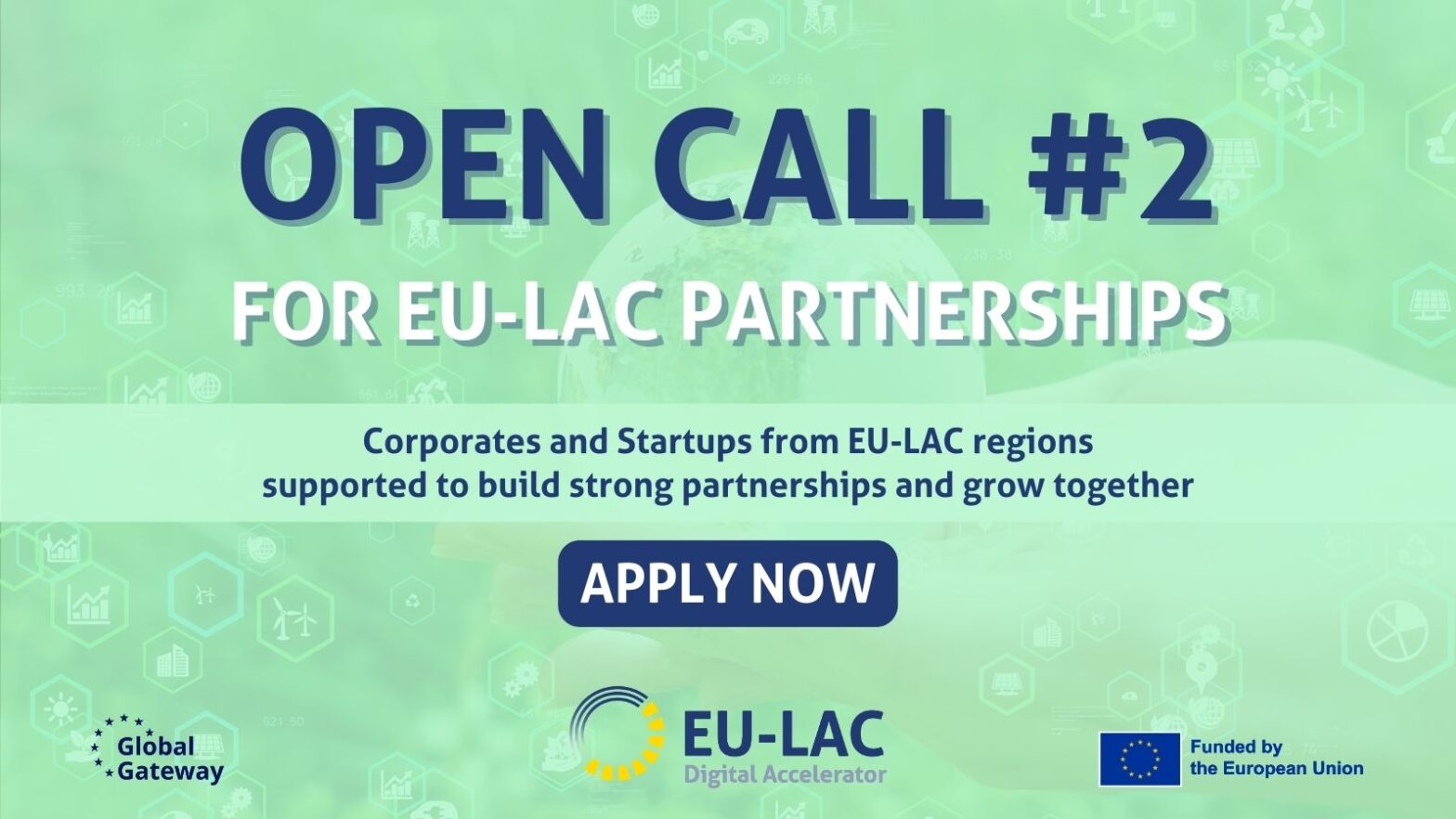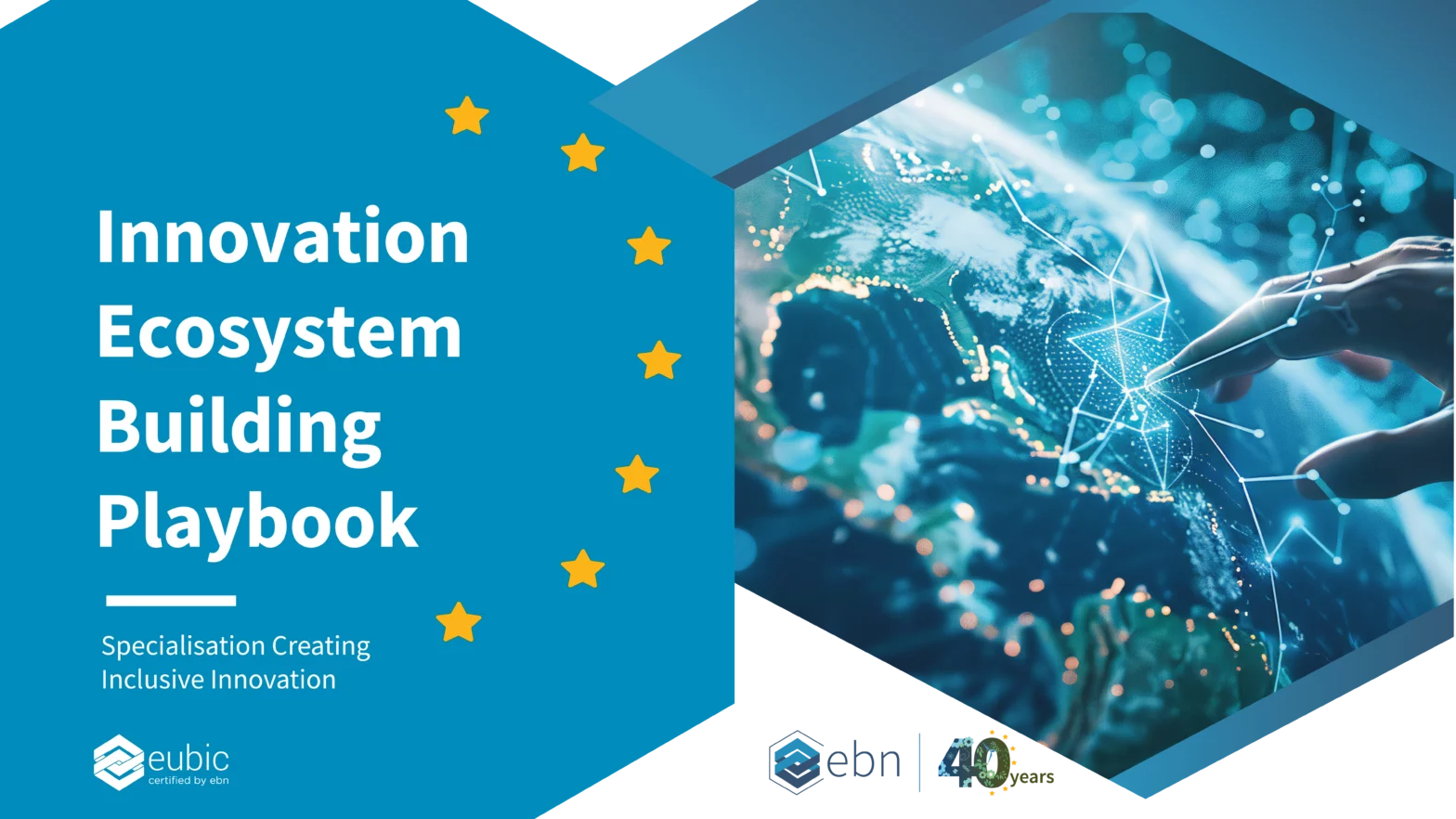EU|BIC Associate VVA co-organises key event in European Circular Economy Action Plan launch
The Business4Change Circular Economy Hackathon, co-organized by EU|BIC Associate Valdani Vicari Associati (VVA), took place in between 11 and 16 November and was part of the European Business Summit. The event built on the objectives put forward by the Commission on the Green Deal and the new Circular Economy Action Plan. The hackathon had different teams competing to find innovative solutions to challenges businesses face in transitioning to a circular economy. EBN’s Chiara Davalli was a member of the jury.
Start-ups, entrepreneurs, existing circular economy networks, and students working on sustainable business development and the circular economy took part in this competition seeking solutions for two challenges. Challenge one, posed by Suez, sought to reduce the supply-chain cost for waste-plastics packaging. Challenge two, posed by AB InBev & Vinventions, aimed at developing sustainable business models for the collection and sorting of beverage closures.
''The Business4Change Hackathon was a very good experience. It was great to see how passionate the young teams of social innovators were, and the ideas they managed to develop in such a short time. Being part of the jury panel allowed me to also understand how large corporates such as AB InBev and Vinventions value more and more the role social innovators can play in shaping new sustainable business models.' – comments Chiara – 'There is growing attention for impact-driven solutions in the European economy, and our members – such as VVA – are taking an active role in promoting this approach. Our Social Impact SIG is monitoring these evolutions and is exploring the opportunities for European territories in this area.'
The team Limitless Circularity won challenge one. Based on the functionality of a hospital and the different types of plastics it generates, their proposition analysed waste streams of various plastics and how to separate them according to recycling and alteration rates as part of employees' working habits. A mobile shredding-truck then collects, shreds and compacts the sorted plastic waste while en route to a recycling-facility. This process would reduce sorting and incineration costs – and increase circularity.
For challenge two, the Young European Leadership (YEL) team were the winners. Their idea consisted of allowing the collection of corks and caps to be done by the consumers, dealing with drop-off locations and strategic partners who enable the recycling and upcycling process. The YEL team stressed the importance of building networks to ensure a smooth logistic plan between the drop-off points and the recycling and upcycling centres. The winners of both Challenges won opportunities to work with and be mentored by the challenge owners.
To learn more and join the SIG contact Chiara Davalli, via chiara.davalli@ebn.eu
Videos from the Hackathon are available in the European Business Summit’ Youtube channel as well as in this video







